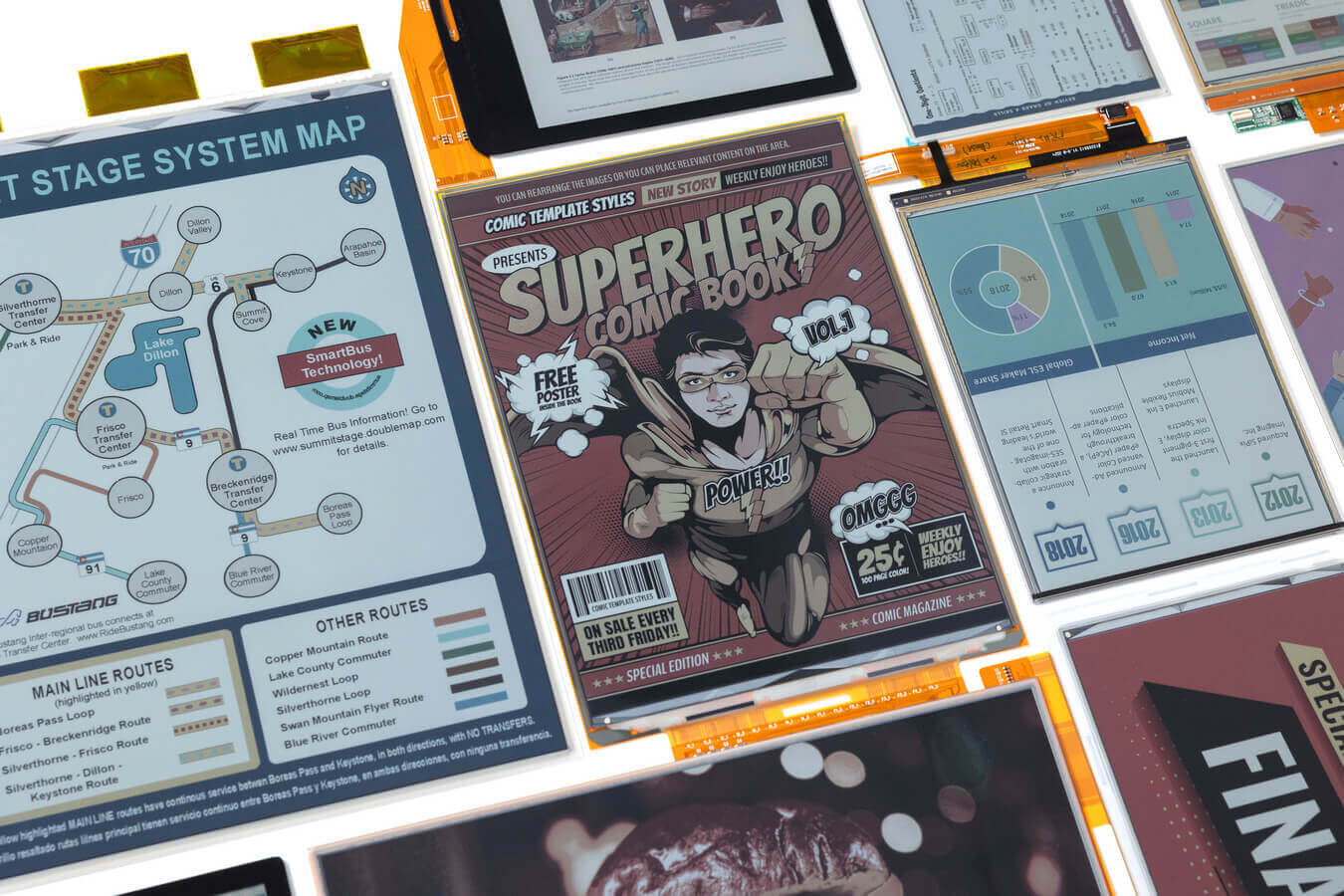Writer’s block is a common issue where the flow of words gets disrupted. It makes the pressure to write even more overwhelming.
It is often called the “desert seasons” of writing. During this period, ideas and words dry up. Moreover, this block grows as we focus more on it, even when we know we must write.
The longer we sit frustrated, the more likely we will not write. Strong writers need strategies to cope with writer’s block and be productive. It is essential to balance the pressure to write and the desire to be fruitful.
This post will help you understand writer’s block more deeply and find solutions to fight these situations.
Understand The Root Of Your Writer’s Block
Writer’s block is a common issue among scientific writers, often stemming from various factors.
It can be attributed to difficulties in starting the writing process due to factors like the following:
- Lack of focus due to digital distractions.
- Fear of failure or criticism.
- Lack of interest or confidence in one’s research.
Therefore, students are often advised to pause and pace before starting.
Moreover, fear of rejection and criticism can contribute to writer’s block, while perfectionism can lead to procrastination or a cycle of editing and revising.
Also, uncertainty is another common issue among scientists, who may need more training in scientific writing and help finding convincing arguments.
However, to overcome writer’s block, it is important to pinpoint and address your specific problem head-on.
Break Through Mental Blocks
Given below are some of the most effective solutions that can help you break a writer’s block and write an essay with an easy flow—
Take Breaks
It’s important to take breaks from writing to avoid writer’s block. Giving yourself distance can provide a fresh perspective and boost your mental health and creativity.
Establishing boundaries and practicing self-care can help prevent burnout, procrastination, and writer’s block.
However, if you experience a lack of creativity, it’s normal to feel insecure about your writing. Therefore, remember that writer’s block and burnout are different and can be overcome.
Try Brainstorming
This chapter provides four brainstorming methods for identifying the focus of a personal statement and crafting supporting points.
It stresses the significance of comprehending the prompt, which may be open-ended but requires detailed information about one’s interests and experiences in the field.
Additionally, it emphasizes the need to present oneself as an exceptional candidate for the program being applied to.
Brainstorming entails analyzing the prompt and gathering memories or experiences to create a persuasive personal statement.
For instance, a candidate for a master’s degree in education could begin with an anecdote about overcoming a school fight and discussing challenges that helped develop their teaching skills and passion.
Freewriting techniques, such as jotting down every idea, encourage imaginative thinking and help identify the most effective topics for a personal statement.
Set Realistic Goals
When experiencing writer’s block, it’s easy to become overwhelmed by exaggerated expectations. However, creating attainable goals may provide a sense of accomplishment and inspiration throughout the writing process.
Realistic objectives give direction, attention, and motivation, boost success chances, foster a good self-image, and break down dreams into attainable stages. They encourage resilience, adaptation, and learning from failures.
Setting goals helps to express the links between present writing projects and professional skills, overcome concerns, and gain confidence in one’s writing ability.
Moreover, it decreases organizational stress by clearly defining success and ensuring people understand their position and expectations.
Finally, goal planning is critical in both personal and professional life. It allows progress toward desired results and increases performance.
Eliminate Distractions
Distractions can impair concentration, productivity, and project beginning. To reduce distractions, disconnect electronics, tidy your desk, and set aside time for undisturbed writing.
Request respect from coworkers and family members, and set aside at least three uninterrupted hours to write.
Background noise, such as what you hear at a coffee shop, might improve concentration and creativity.
Moreover, experiments were conducted with popular TV shows, music with no words, and white noise devices.
Also, you may discover that different sorts of background noise are better suited to other jobs, such as listening to conversational podcasts while writing essays and switching to music while writing fiction. Remember to respect your time and avoid distractions when writing.
Surround Yourself With Inspiration
Creative ideas and writing activities can help you activate your imagination and overcome creative blocks.
Explore writing prompt books online groups, or create prompts to experiment with different genres, styles, and views.
Character interviews, story twists, and writing from different perspectives all help to spark your creativity and inspire you to step beyond your comfort zone.
Writer’s block can be addressed by embracing many sources of inspiration, such as books, art exhibitions, films, music, and nature.
Connecting with other authors through writing groups, workshops, conferences, and project partnerships may enhance motivation and accountability. This group reduces isolation and offers possibilities for learning and growth, resulting in a rich and real writing experience.
Use Writing Prompts
Writer’s block is a mental paralysis where one struggles to find words to write about a topic. Therefore, to break this, one can talk to a friend and write down everything they say.
In that light, writing prompts encourage interest and creative writing. They should introduce and limit the topic while providing clear instructions. You can find subject-specific writing prompts on professional essay writing platforms like IvoryResearch.
The more you write from prompts, the more ideas will come to mind, and easier words will flow.
However, don’t stress over the process, as any prompt may or may not spark an idea once you’ve gained experience.
Seek Feedback And Collaboration
Collaborating with others can be a valuable tool for students’ writing journey. It can help them analyze their writing more effectively, as it is often easier to spot flaws in a classmate’s work than to explore one’s own.
Seeking feedback from others can also improve one’s understanding of assignments and personal growth.
Collaborating with others is beneficial at every stage of the writing process, from brainstorming ideas to improving organization, style, and design of drafts. Additionally, it is a constructive step towards personal and professional development.
Criticizing student writing is often easier than analyzing published writing, and collaboration can help students improve their writing skills in a supportive and encouraging environment
Markus lives in San Francisco, California and is the video game and audio expert on Good e-Reader! He has a huge interest in new e-readers and tablets, and gaming.

